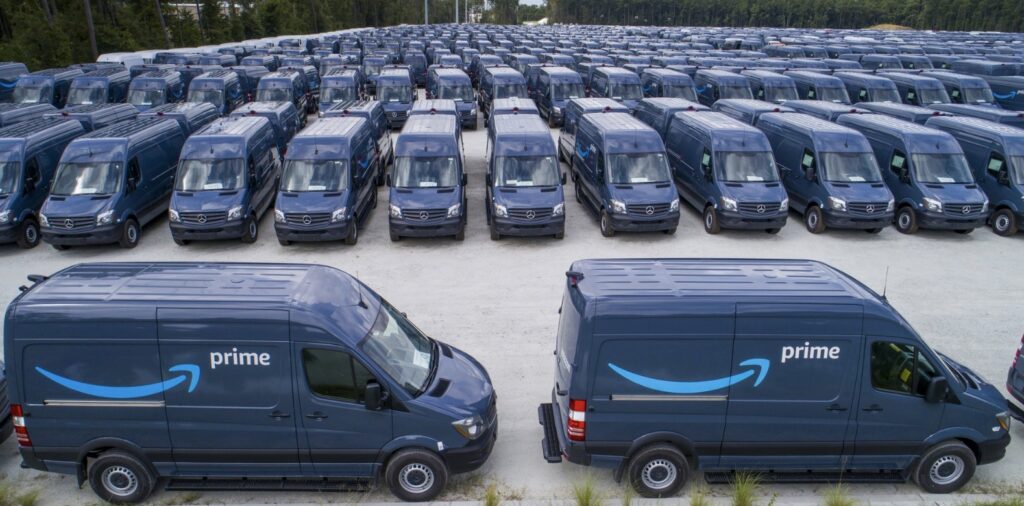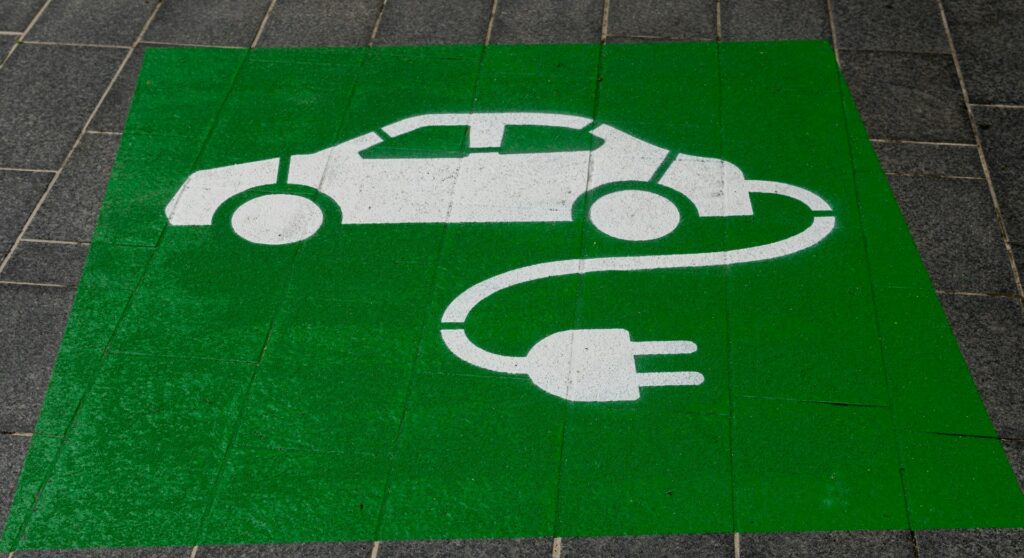While the UK government strive to expedite the transition towards more sustainable transportation options, electric vehicles (EVs) are gaining prominence. A critical factor facilitating this transition is the availability and accessibility of charging infrastructure. Recognising this, various governments and private entities have introduced Charger Rebates and incentives to encourage the installation of EV chargers. This article delves into the essential information about these financial incentives, including how to apply and who is eligible, to assist potential and current EV owners in navigating this landscape.
What are Charger Rebates for EV Chargers?
Rebate programs for EV chargers are designed to lower the financial barrier to entry for individuals and businesses looking to install EV charging stations. These programs can significantly reduce the upfront costs associated with purchasing and installing chargers. Available through both government and private sectors, these rebates vary widely in terms of value, eligibility criteria, and application processes. By offsetting initial costs, these programs play a pivotal role in accelerating the adoption of electric vehicles by making charging infrastructure more accessible.
Applying for Charger Rebates
Navigating the process of applying for charger rebates can seem daunting. However, with the right information, EV owners can leverage these opportunities to their advantage. The application process typically involves several steps, including researching available rebates in your area, understanding the specific requirements of each program, and submitting necessary documentation. Some programs may require pre-approval before purchase and installation, so it’s crucial to be well-informed about the application timeline and procedures to maximise the chances of receiving a rebate.
Government Incentives for Charging
Government incentives for charging infrastructure are a cornerstone of the push towards electric mobility. These incentives may come in various forms, such as direct rebates, tax credits, or grants. They aim to address the chicken-and-egg problem of EV adoption by ensuring that would-be EV owners have access to convenient charging options. By reducing the cost burden of installing home or business charging stations, these incentives not only benefit individual EV owners but also contribute to the development of a comprehensive charging network.
Charger Rebate Eligibility
Understanding charger rebate eligibility is essential for anyone looking to benefit from these financial incentives. Eligibility criteria can include the type of charging station, the applicant’s location, and the intended use of the charger (residential vs. commercial). Some programs may also have specific requirements regarding the technical specifications of the charging equipment or the installation contractor. Familiarising yourself with these criteria is key to ensuring that your application is successful and that you can take full advantage of the available rebates and incentives.
The movement towards electric vehicles is supported by a growing array of financial incentives aimed at making EV charger installation more affordable. Charger Rebates along with other incentive programs, play a crucial role in this transition, helping to build the necessary infrastructure for a sustainable transportation future. By understanding the rebate programs, the application process, government incentives, and eligibility criteria, EV owners and prospective buyers can make informed decisions that contribute to the wider adoption of electric vehicles. As the network of charging stations expands, so too does the feasibility and appeal of owning an EV, making these incentives a win-win for individuals and the environment alike.



